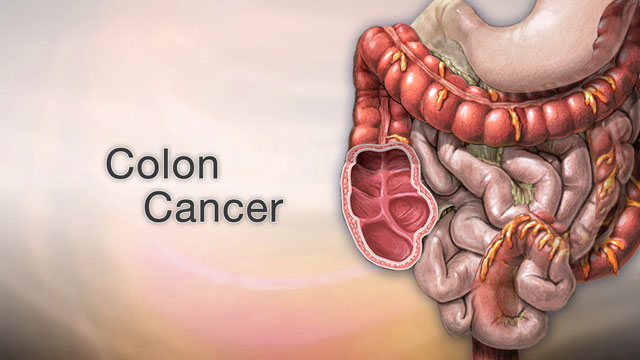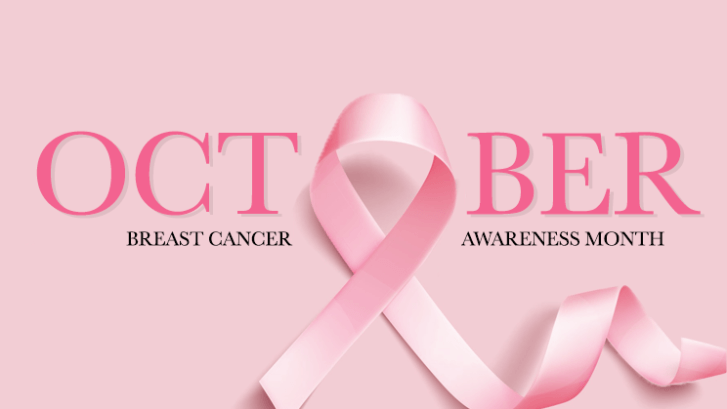Breast Cancer Screenings: Why Early Detection Matters More Than Ever
Breast cancer is the most common cancer diagnosed in women, and while advancements in treatment have dramatically reduced deaths, the number of new cases is rising, particularly among younger women. Our primary care doctors in Jupiter share why regular screenings are more critical than ever and how they can save lives.
The Changing Face of Breast Cancer
A recent study from the American Cancer Society reveals a 44% decrease in breast cancer deaths since 1989, thanks to early detection and improved treatments. However, new cases have been increasing by 1% annually since 2012, with younger women being particularly affected.
This trend is a wake-up call for all women, especially those under 50, who might not consider themselves at risk. Increased awareness and access to screenings can make a significant difference.
Why Are Cases Increasing in Younger Women?
Advances in detection have played a role in identifying more hormone receptor-positive and early-stage cancers. While this is a positive development, it also highlights the importance of being proactive about breast health, even at a younger age.
The Importance of Regular Screenings
Early detection is one of the most effective ways to improve survival rates. Mammograms and other screening tools can identify cancer before symptoms appear when treatment is more likely to be successful.
- When to Start Screening: Most experts recommend starting mammograms at age 40, but those with a family history or other risk factors should consult their doctor about earlier screenings.
- Types of Screenings: Mammograms, breast MRIs, and clinical exams are common methods to detect cancer early.
How You Can Reduce Your Risk
While some risk factors, such as age and genetics, are unavoidable, there are steps you can take to lower your overall risk:
- Maintain a Healthy Weight: Obesity increases the risk of breast cancer, particularly after menopause.
- Exercise Regularly: Physical activity can help reduce risk by balancing hormone levels and boosting overall health.
- Limit Alcohol Consumption: Even small amounts of alcohol can increase risk.
- Breastfeed if Possible: Studies suggest breastfeeding may offer protective benefits.
- Be Informed About Hormone Therapy: Talk to your doctor about the risks of hormone replacement therapy or long-term use of birth control.
Addressing Racial Disparities in Breast Cancer Outcomes
The study also highlights that Black women are 38% more likely to die from breast cancer than White women, despite being less likely to develop it. These disparities are driven by:
- Delayed or less frequent access to care.
- Higher rates of aggressive cancer types like triple-negative breast cancer.
Improving access to care and increasing awareness in underserved communities can help close this gap.
Take Action for Your Health
Whether you’re in your 20s or 50s, it’s never too early to start prioritizing your breast health.
- Perform Regular Self-Exams: Familiarize yourself with your breasts to notice any changes early.
- Schedule Regular Screenings: Follow your doctor’s recommendations for mammograms or other tests.
- Advocate for Yourself: If something feels off, trust your instincts and seek medical advice.
In Conclusion
Breast cancer is being diagnosed at younger ages, but early detection and prevention are powerful tools in the fight against it. Screenings save lives, so don’t wait—talk to your doctor today about your risk and screening options.
Your health is worth it. Let’s work together to ensure every woman has the opportunity for early detection and the care they deserve.






